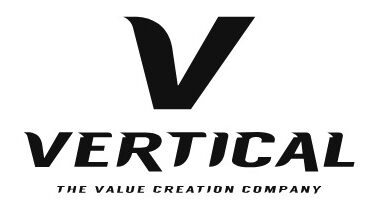Privacy Policy
Website Privacy Policy
Version 1.0
Creating a privacy policy tailored to a specific industry ensures that the organization is compliant with relevant laws and regulations governing the collection and use of personal information within that sector.
Types of Information Collected:
This section describes the types of personal information collected from users, such as names, email addresses, browsing history, etc.
Methods of Collection:
It explains how the organization collects the personal information, whether through website forms, cookies, user input, etc.
Purpose of Data Collection: This section outlines the reasons why the organization collects user data, such as to provide services, improve products, personalize experiences, etc.
Company reserves the right to change, suspend, or cease the Site with or without notice to you. You approved that Company will not be held liable to you or any third-party for any change, interruption, or termination of the Site or any part.
Use of Information:.It describes how the organization uses the collected information, including for marketing purposes, analytics, customer support, etc.
Sharing of Information:
This part explains whether the organization shares user data with third parties, such as advertisers, business partners, or service providers, and under what circumstances.
Data Security Measures:
It details the security measures in place to protect user data from unauthorized access, breaches, or misuse.
Use of Information:.It describes how the organization uses the collected information, including for marketing purposes, analytics, customer support, etc.
User Rights:
This section outlines the rights users have regarding their personal information, such as the right to access, correct, or delete their data.
Policy Updates:
It explains how and when the privacy policy may be updated, and how users will be informed about changes.
Contact Information:
Legal Compliance:
Legal Compliance:
It states the legal framework under which the organization operates concerning data protection laws, such as GDPR, CCPA, etc.
Verticals refer to specific industries or sectors. So, a privacy policy vertical would be tailored to the particular industry or sector in which the organization operates. For example, the privacy policy for a healthcare organization would need to address specific regulations like HIPAA (Health Insurance Portability and Accountability Act), while the policy for a financial institution would need to comply with regulations such as GDPR (General Data Protection Regulation) or similar laws.
Creating a privacy policy tailored to a specific industry ensures that the organization is compliant with relevant laws and regulations governing the collection and use of personal information within that sector.
Verticals refer to specific industries or sectors. So, a privacy policy vertical would be tailored to the particular industry or sector in which the organization operates. For example, the privacy policy for a healthcare organization would need to address specific regulations like HIPAA (Health Insurance Portability and Accountability Act), while the policy for a financial institution would need to comply with regulations such as GDPR (General Data Protection Regulation) or similar laws.
Creating a privacy policy tailored to a specific industry ensures that the organization is compliant with relevant laws and regulations governing the collection and use of personal information within that sector.
Trust and Transparency:
A clear and comprehensive privacy policy demonstrates the organization’s commitment to protecting user privacy and data security. This transparency builds trust with users, reassuring them that their personal information will be handled responsibly.
Industry Standards:
Many industries have established best practices and standards for data privacy and security. Adhering to these industry standards not only helps with compliance but also enhances the organization’s reputation within the industry.
Risk Mitigation:
By understanding the unique risks and challenges of their industry, organizations can tailor their privacy policies to address specific threats and vulnerabilities. This proactive approach helps mitigate the risk of data breaches or other security incidents.
Contact Information
info@vertical.com

